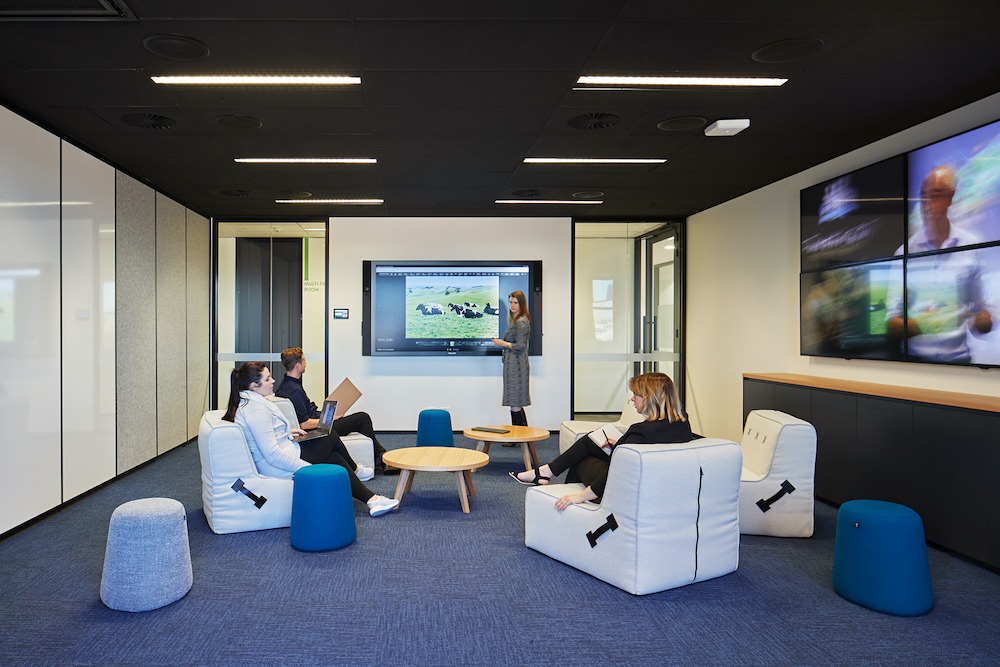In today’s rapidly evolving business landscape, the concept of a virtual office has transcended its initial novelty to become a fundamental part of how modern enterprises operate. As organizations strive to remain agile, cost-effective, and environmentally conscious, the adoption of virtual office solutions is not just an option but a strategic imperative. In this comprehensive exploration, we delve into the multifaceted benefits of virtual offices, their impact on workforce dynamics, and how they are reshaping the future of work.
Unveiling the Virtual Office: A Gateway to Global Opportunities
At its core, a virtual office provides businesses with a physical address and office-related services without the need for a long-term lease or physical office space. This innovative model facilitates a wide array of services such as mail handling, phone answering services, meeting rooms, and video conferencing facilities. One exemplary provider of such sophisticated solutions is One Business Centre in Dubai, a pioneering entity in this domain (learn more).
The Economic Advantage
The adoption of a virtual office structure significantly reduces overhead costs. Traditional office spaces come with a hefty price tag, including rent, utilities, maintenance, and office equipment. Transitioning to a virtual office slashes these expenses, allowing businesses to allocate resources more efficiently and invest in growth and innovation.
Environmental Impact and Sustainability
The virtual office model aligns perfectly with the global shift towards sustainability. By reducing the need for daily commutes, businesses can significantly lower their carbon footprint. Furthermore, the decrease in demand for physical office spaces contributes to less energy consumption and a smaller overall environmental impact.
Enhancing Work-Life Balance
The flexibility offered by virtual offices empowers employees to work from anywhere, fostering a better work-life balance. This flexibility has been shown to increase employee satisfaction, reduce stress, and boost productivity. Moreover, it enables companies to tap into a global talent pool, as geographical constraints are no longer a barrier to hiring the best candidates.
Technology as the Backbone
The efficiency of virtual offices is heavily reliant on technology. Cloud computing, video conferencing, and secure online communication platforms are the backbone of this modern workplace, ensuring that teams remain connected and operations run smoothly, regardless of the physical location of its members.
Navigating Challenges
Despite its numerous advantages, the virtual office model is not without its challenges. Companies must ensure robust IT support, invest in training employees to work effectively in a virtual environment, and foster a strong company culture to maintain team cohesion and motivation.
The Road Ahead
As we look to the future, the integration of artificial intelligence and advanced digital collaboration tools will further enhance the capabilities of virtual offices. The adoption of these technologies promises to make virtual workspaces even more efficient, interactive, and productive.
Conclusion
The virtual office is not just a trend but a significant shift in the traditional concept of workspaces. It offers a compelling array of benefits including cost savings, environmental sustainability, and enhanced work-life balance. However, to fully capitalize on its advantages, businesses must address the inherent challenges and remain adaptable to technological advancements. As the world continues to navigate the complexities of the digital age, the virtual office stands out as a beacon of innovation, offering a glimpse into the future of work.
For those considering the transition to a virtual office, exploring established providers like One Business Centre in Dubai is an excellent starting point. With their comprehensive range of services, they represent the pinnacle of what a virtual office can offer, setting a standard for excellence and innovation in the field.
FAQs
Q: Can a virtual office replace a traditional office?
A: Yes, for many businesses, especially those that operate digitally or do not require a physical presence, a virtual office can effectively replace a traditional office, providing significant cost savings and operational flexibility.
Q: How does a virtual office support business growth?
A: By reducing overhead costs, offering a prestigious business address, and providing access to global markets and talent, a virtual office supports scalability and agility, two critical components of business growth.
Q: Are virtual offices secure?
A: Yes, reputable virtual office providers ensure high levels of security for mail handling, data storage, and communication channels. However, businesses should also implement their own cybersecurity measures to protect sensitive information.
Q: Can startups benefit from virtual offices?
A: Absolutely. Virtual offices offer startups the flexibility to scale up or down as needed without the burden of long-term leases or heavy initial investments, making it an ideal solution for businesses in their infancy.


